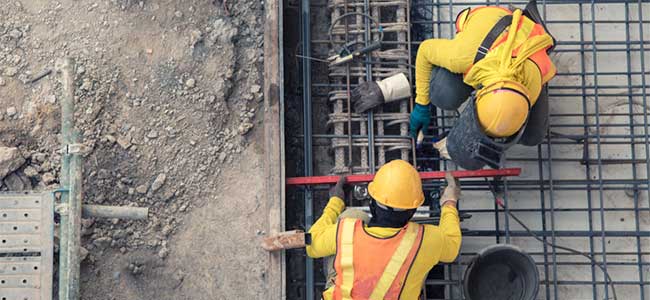
With much of the world facing high temperatures, employers and workers need to know how to protect their employees and themselves.

SPONSORED
If you’re reading this, you probably have a subscription to some type of product or service. Whether you get groceries shipped to your house each week, binge watch tv shows on Netflix, or discover new music through a streaming app, you’ve used a subscription service to get what you need—quickly and conveniently.

The cost of occupational fatigue and a wellness benefit solution.

The emphasis program, which will run for three years, will focus on preventing workplace hazards.

The formulating and packing facility in Idaho has had the special designation for 20 years.

Two workers survived the January 2023 incident, but the company is facing $333,949 in proposed penalties.

The contractor, which has a history of violations, was cited for 21 violations following January 2023 inspections.

This status is the highest level of recognition under the program.

The fatal injury rate per 100,000 workers from April 2022 to March 2023 was 0.41.

The meeting will take place from 1 to 4 p.m. ET.